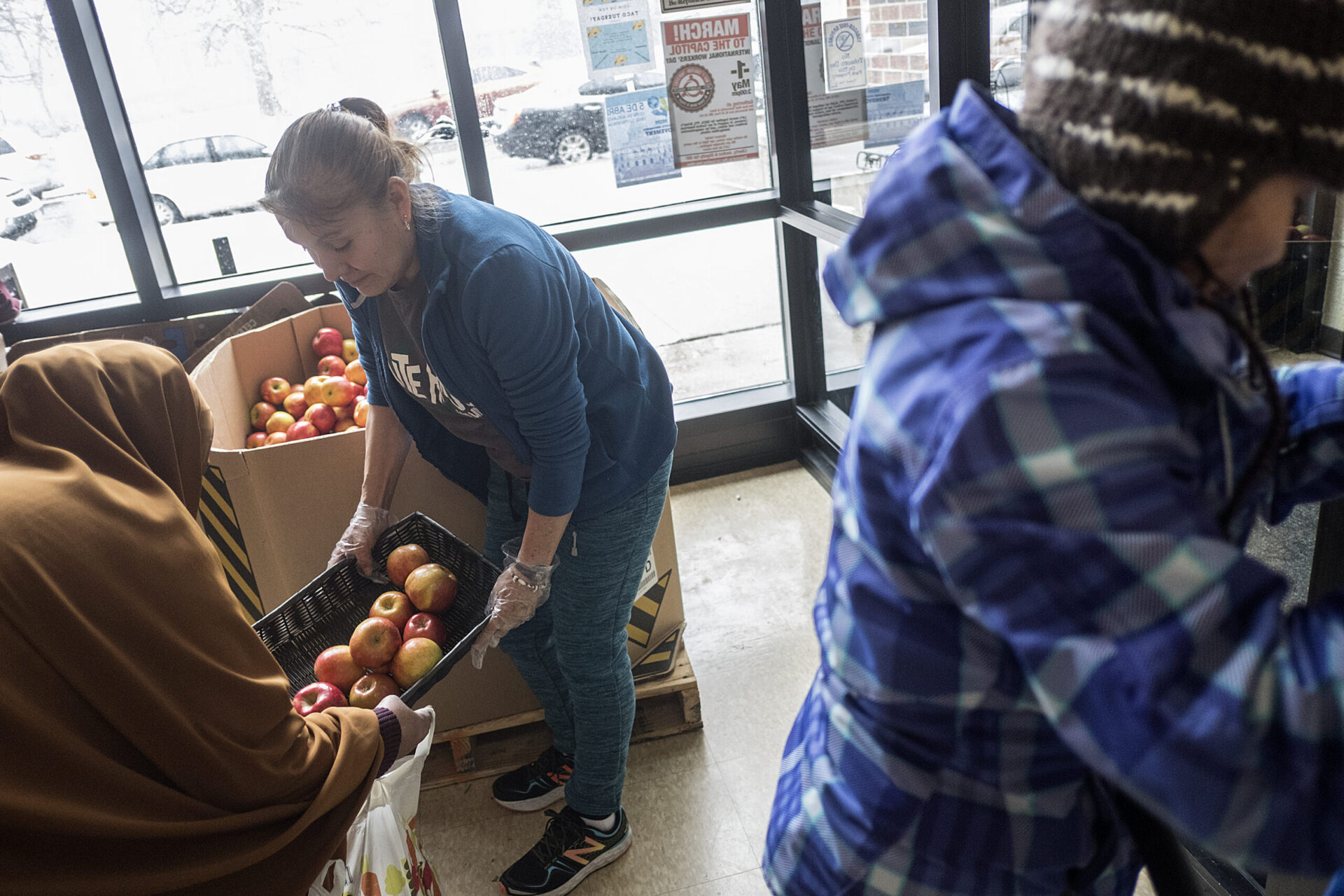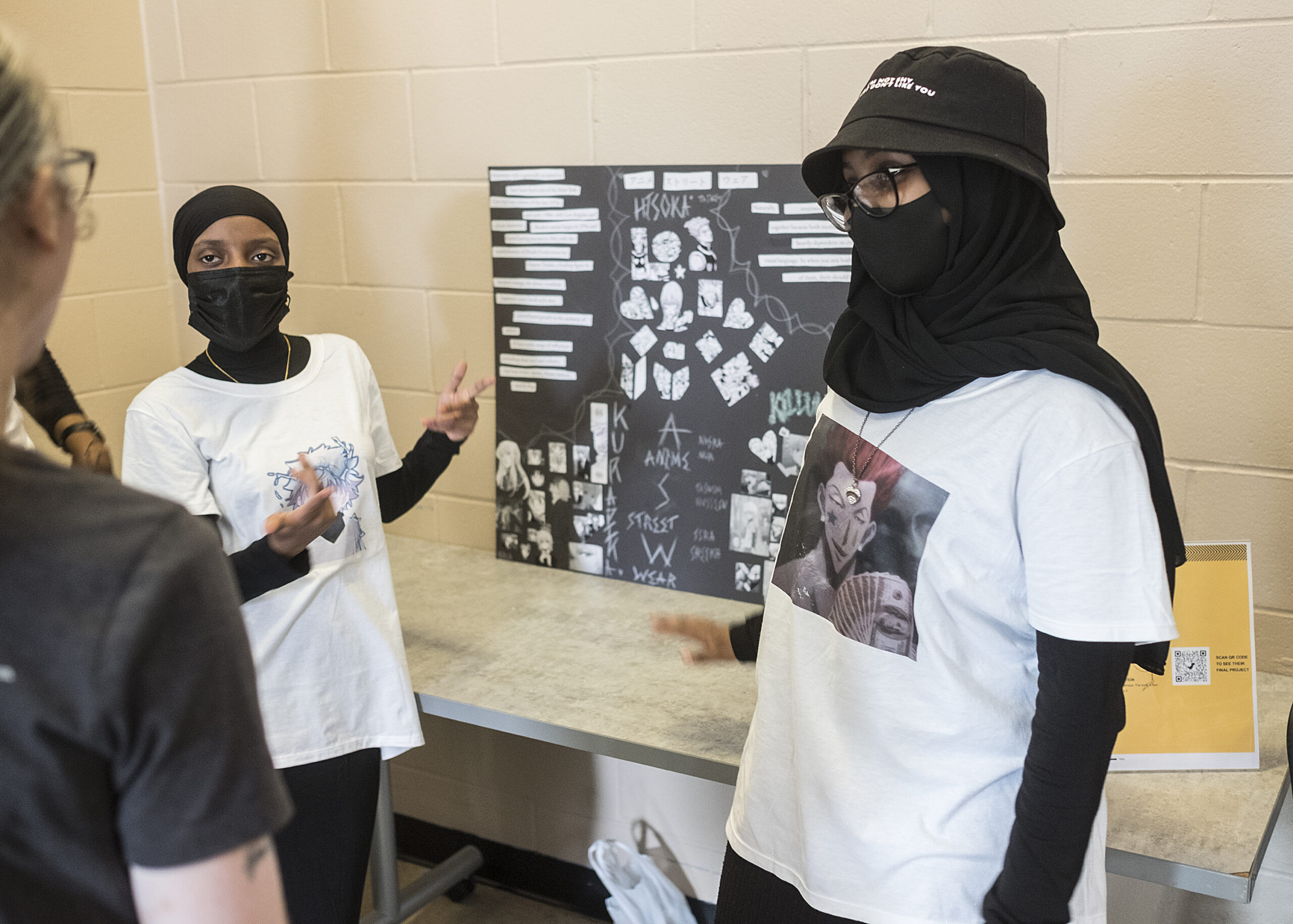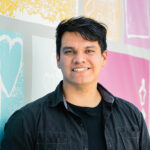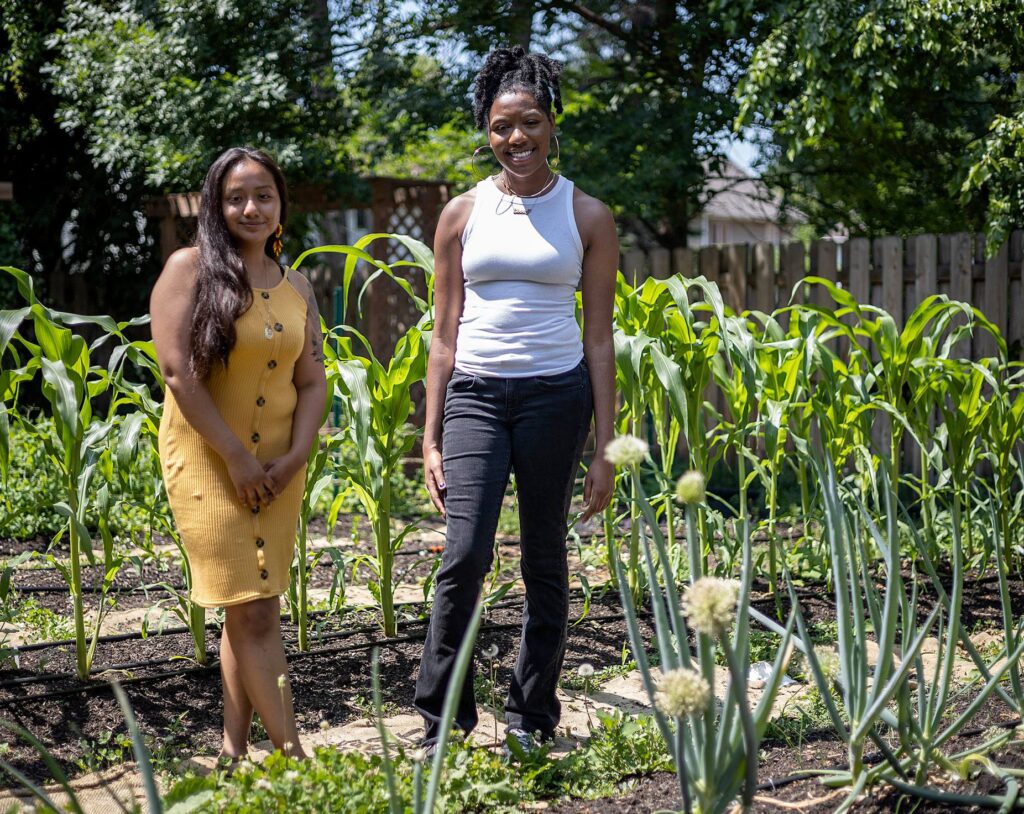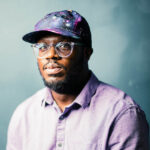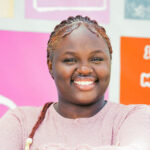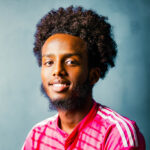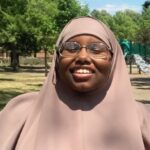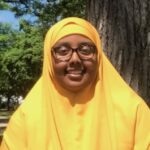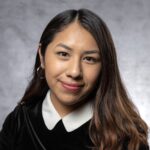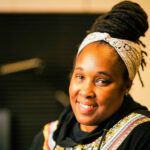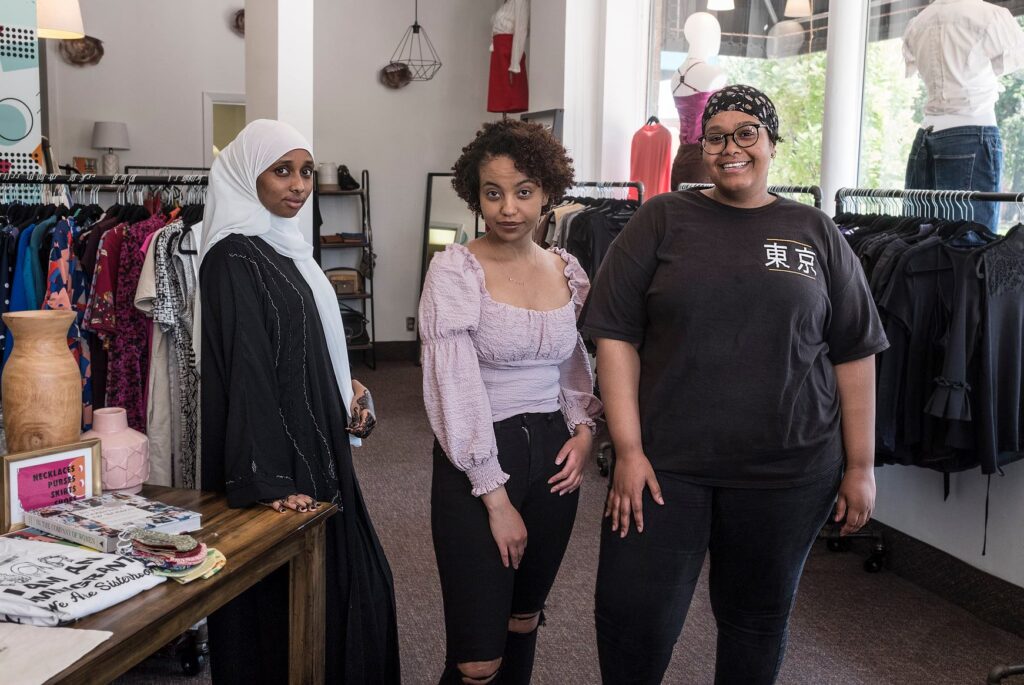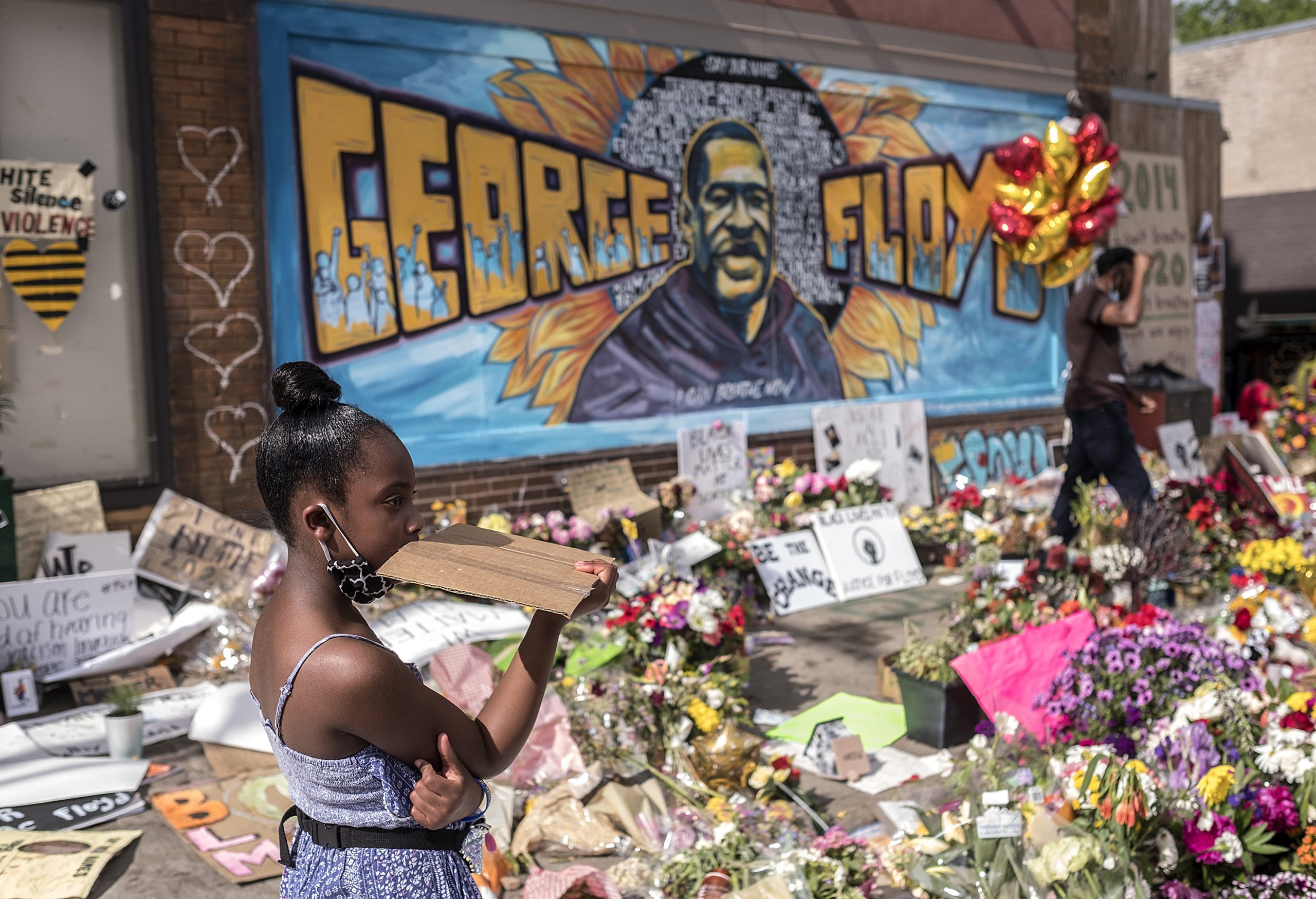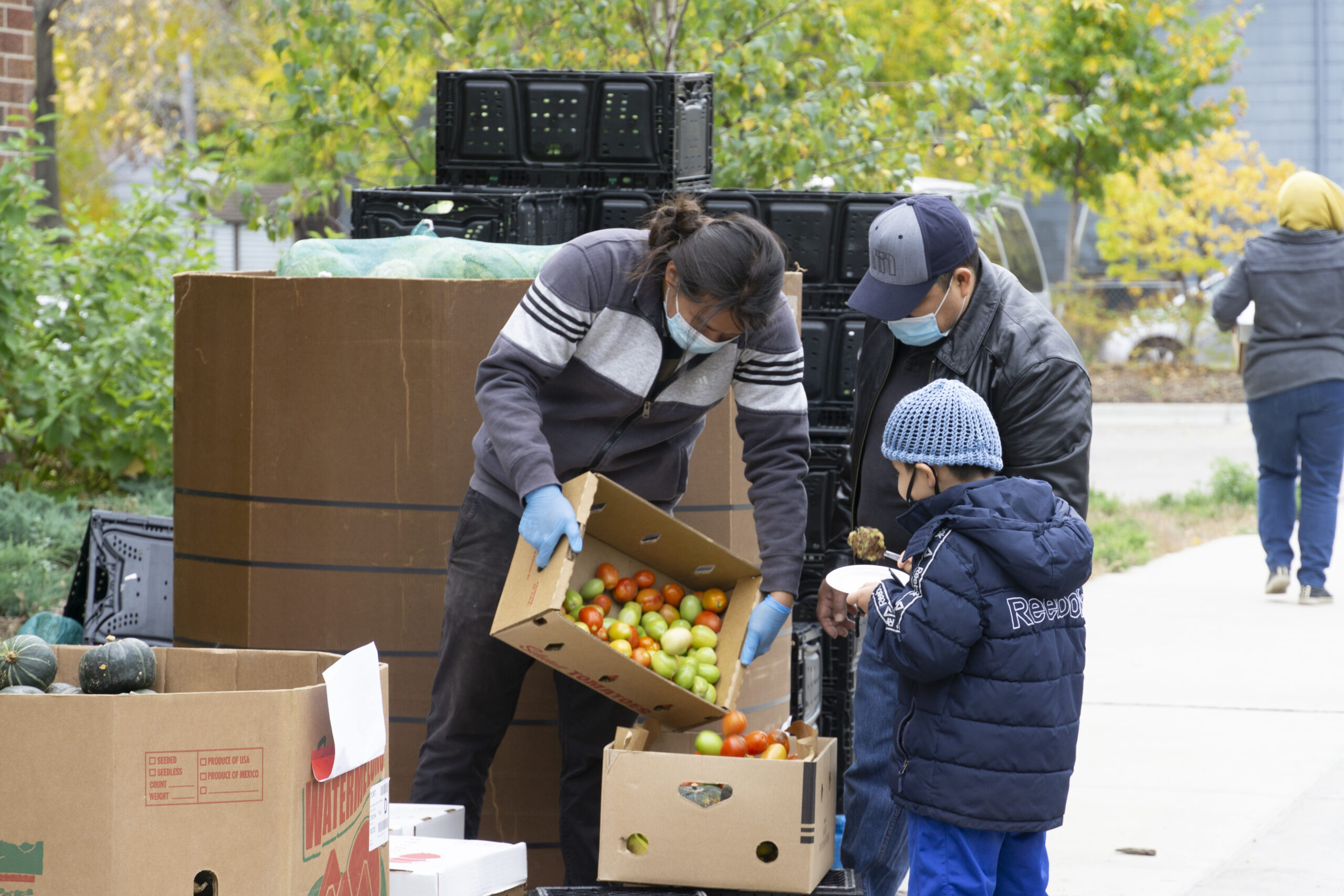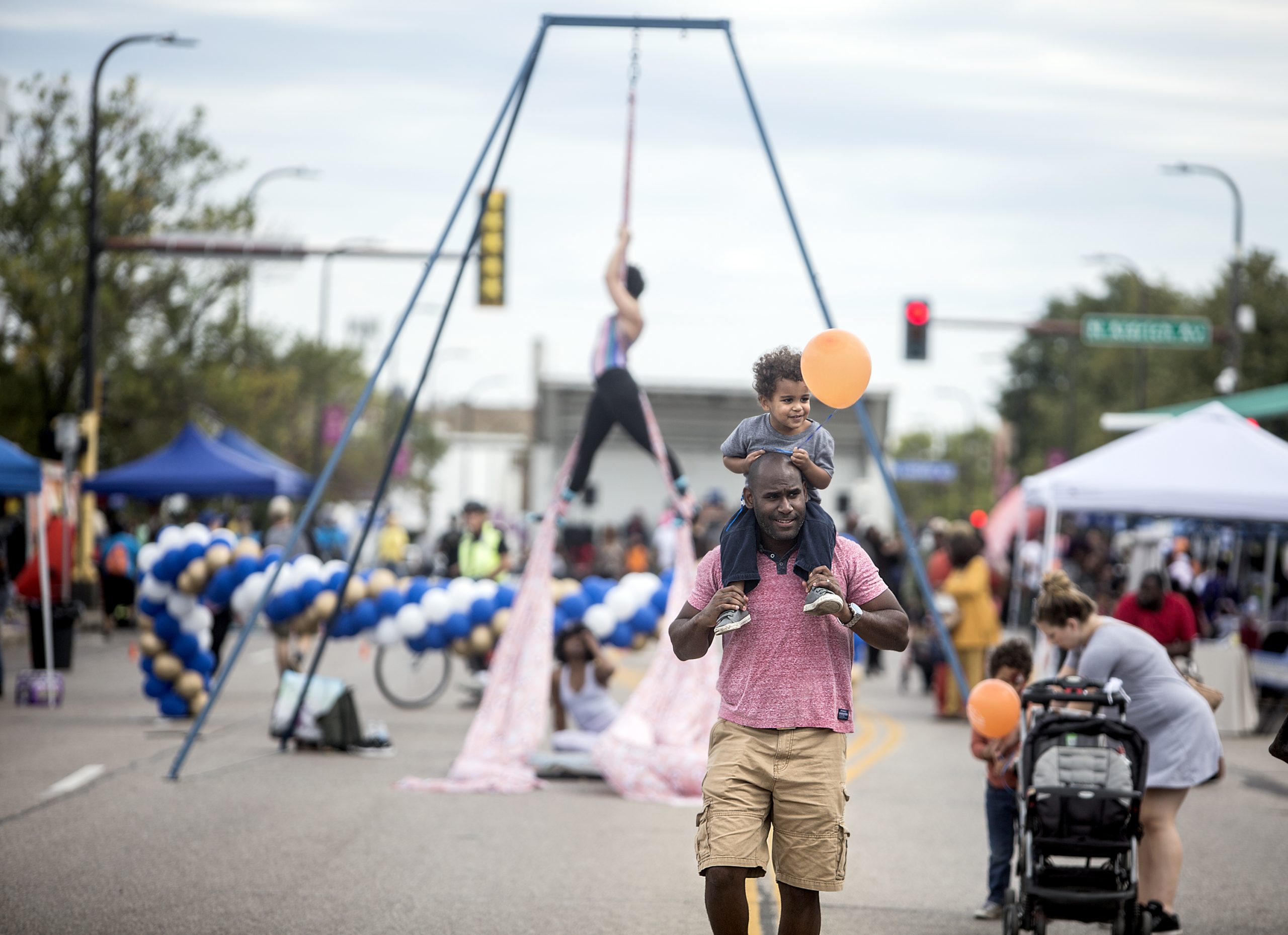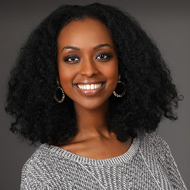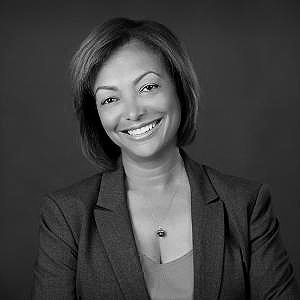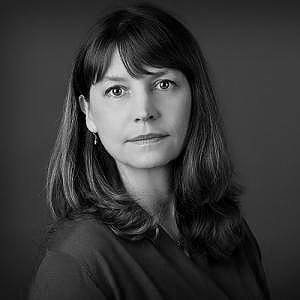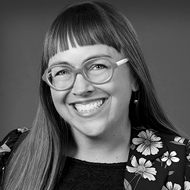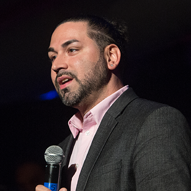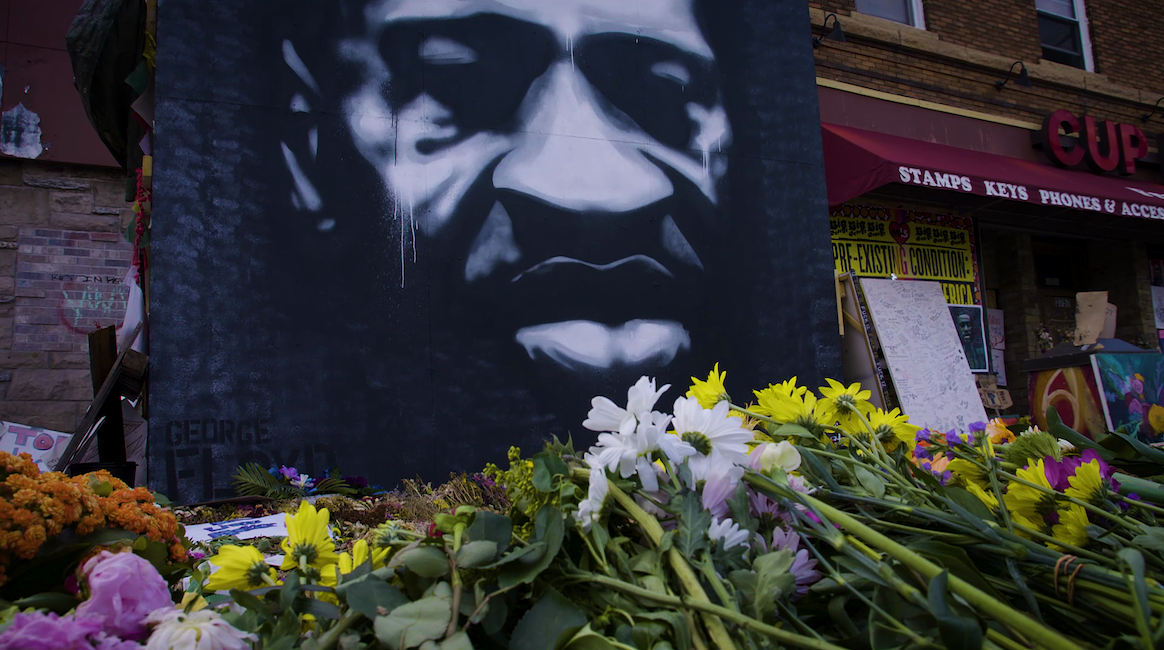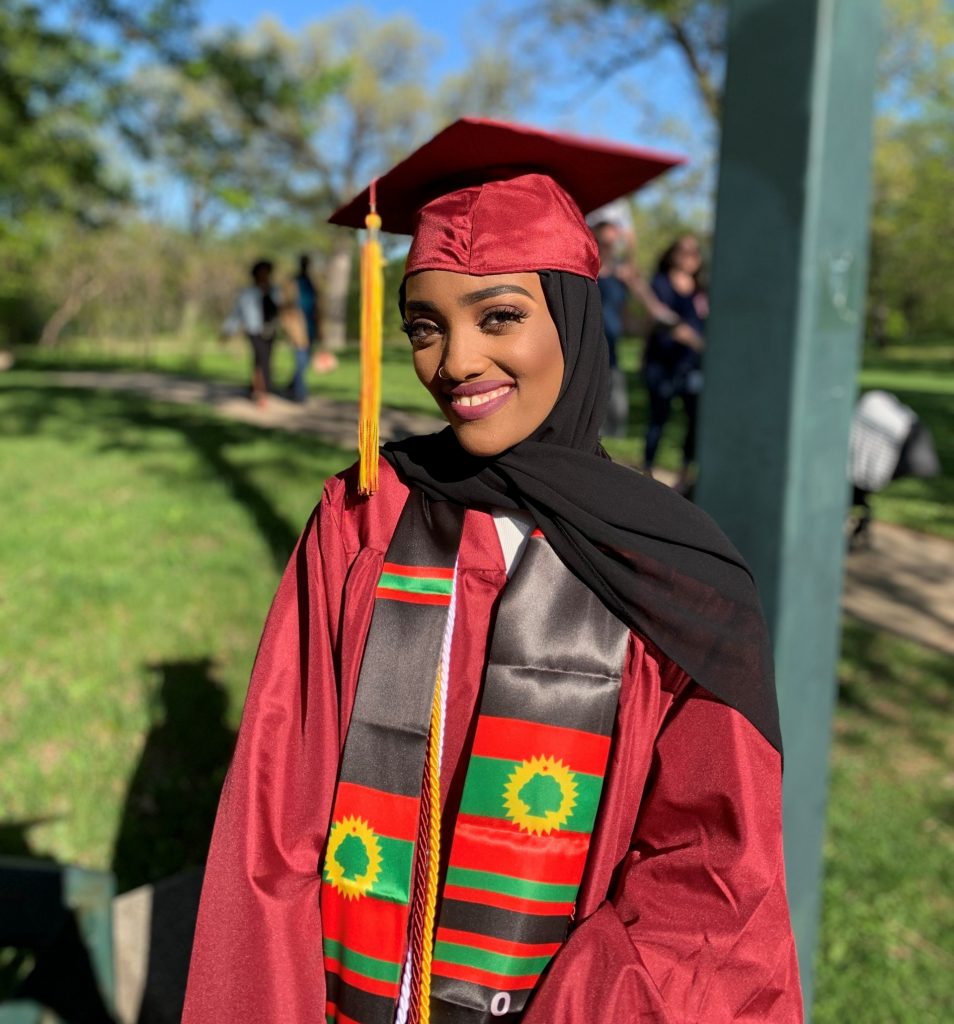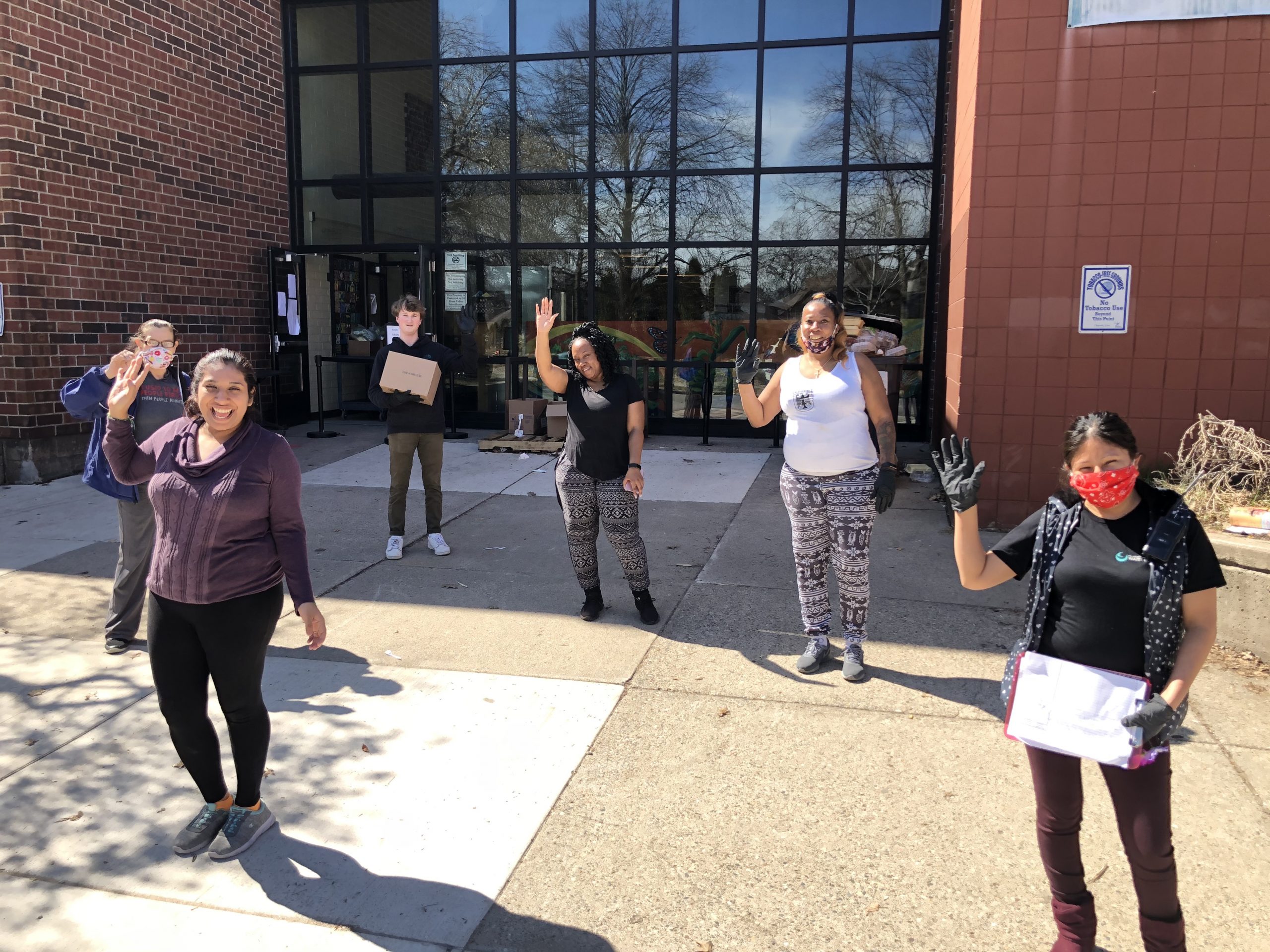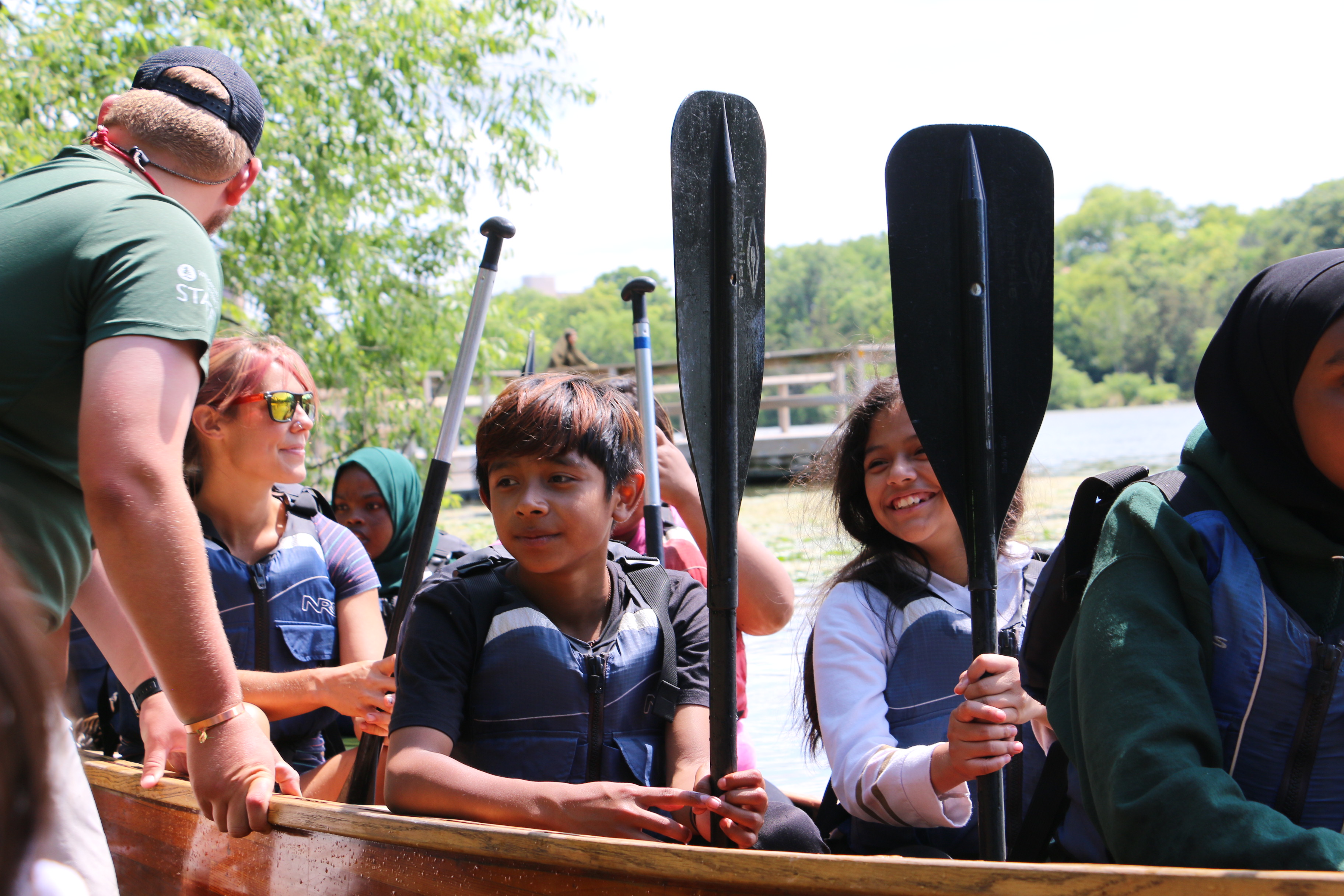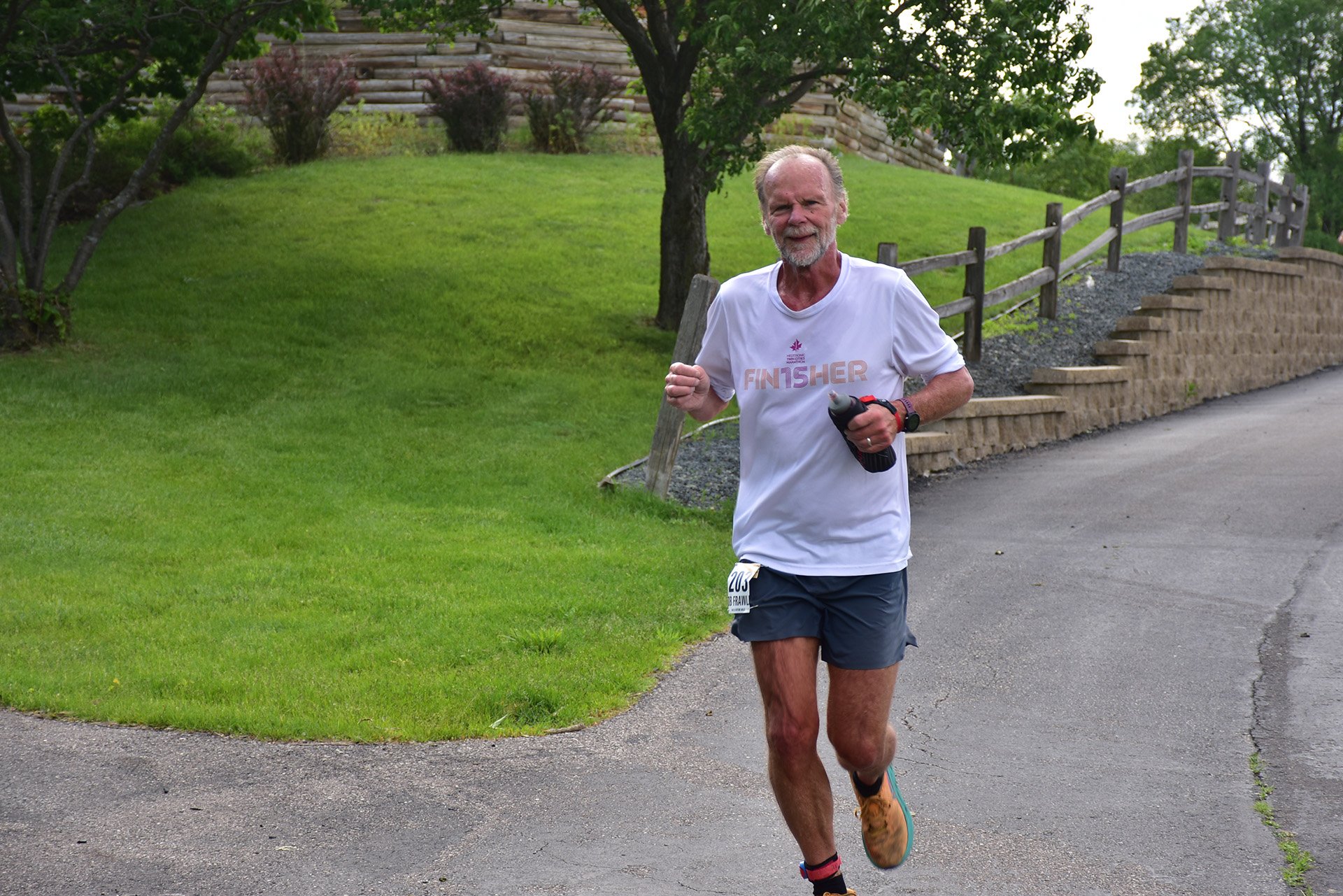
It is with profound respect and admiration that we honor the legacy of Bob Frawley, the first Director of the Brian Coyle Center and founder of the FANS Ultra Race. Bob’s impact during his 15-year tenure with Pillsbury United Communities – rooted in his unwavering commitment to community development, opportunities for young people to succeed, and social justice – are immeasurable.
Bob’s journey in Pillsbury United Communities began in 1988 when he founded FANS (Furthering Achievement Through a Network of Support). This initiative, which he directed until 2000, established the annual FANS Ultra Race, a fundraiser for scholarships for young people to attend college that continues to this day.
From 1991 to 1993, Bob directed the Currie Center, predecessor to the Brian Coyle Center. He then served as the first Director of the Brian Coyle Center in Cedar Riverside from 1993 until 1998, playing a crucial role in its buildout and establishment. His leadership and vision were instrumental in creating the vibrant hub that continues to serve as a cornerstone of critical community infrastructure. Bob’s leadership extended to his role as Director of Waite House, where he mentored so many community members and future PUC leaders. He was also instrumental in creating PUC’s affiliate program which supported the development of emerging, culturally specific nonprofits.
After leaving Pillsbury United Communities, Bob continued to support the FANS Ultra Race each year as a racer and fundraiser. He also dedicated himself to supporting smaller Immigrant led non-profits as a grant writer and strategic consultant. His core work was focused on empowering these organizations to realize their missions, serve their communities and achieve sustainability.
Bob touched countless lives, and his impact is best reflected in the words of those who had the privilege of working with him:
Amano Dube, Senior Directior of Community Development at the Brian Coyle Center
“I have known Bob since early 2000 when I was literally a volunteer for Oromo Community of MN which was located in a very small corner across from Brian Coyle Center. Bob touched the lives of so many immigrant communities in the twin cities. He is probably the main reason for so many new American social services organizations to exist and succeed in serving their communities. He is super smart, methodical, articulate and fearless. He understands how to navigate and extract resources from the philanthropic communities to benefit the communities in need. He left the lasting impact on the lives of so many. May his soul rest in peace!”
Noel Raymond, Senior Director of Narrative, Arts & Culture at Pillsbury House + Theatre
“When I started at PUC, I was initially afraid of Bob – he was intensely focused, exacting in his assessment of results, extraordinarily productive, and super disciplined when it came to finances. As I began to work with him on evaluation initiatives, fundraising strategy and program development, I came to so appreciate all of these qualities and I set about adopting them in my own work. Despite my initial fear, Bob was an incredibly generous and patient mentor and made me truly feel seen and successful. I came to understand that this was his super power – he quietly and diligently mentored so many. I am honored to have known him and to be part of his lasting legacy.”
To make a donation in honor of Bob Frawley, visit here. All donations will be directed to the FANS Scholarship fund, as requested by Bob and his family.
